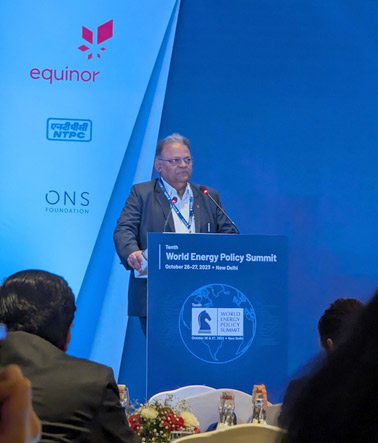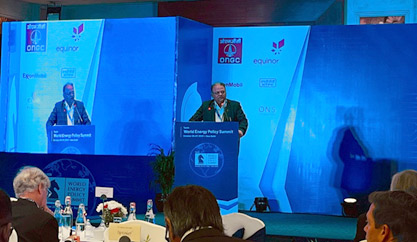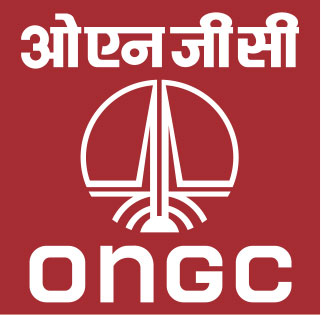Aspire for an orderly energy transition based on equity: ONGC Chairman at tenth WEPS
“The project building capacity in India is beyond comparison, because of knowledge and intellect. We all must aspire for an orderly energy transition based on equity. Equity and fairness must come with the global energy transition,” the Chairman and CEO of Oil and Natural Gas Corporation (ONGC) Arun Kumar Singh said while delivering the keynote address at the tenth World Energy Policy Summit, under the theme "Energy For All: New Realities, New Opportunities." Mr. Singh's address shed light on the complexities and intricacies of India's energy landscape and the global energy transition.
Mr. Singh began by acknowledging the immense importance of the transition. He emphasized that transitions are not mere changes but transformative moments where old systems decline, and new paradigms emerge. He considered this transition as India's journey from the past to the future.

Mr. Singh presented a stark reality – over one billion people globally still lack access to electricity. “In India, despite being the world's third-largest economy, energy consumption per capita remains a third of the global average,” he underscored. Focusing on the need for India-centric plans, he explained that the country's energy demand would remain high until 2045, given its anticipated population of 1.7 billion by 2070.
India finds itself at a unique crossroads. While more households have access to energy, energy consumption varies drastically. Mr. Singh highlighted the divergence between the ongoing investments in conventional oil and gas by national companies, as well as the growth of alternative energy sources, particularly in the solar sector.
Mr. Singh argued that the transition is happening but at a slower pace than expected, attributing this to technological and economic factors. He agreed with the National Institution for Transforming India (NITI) Aayog CEO Amitabh Kant's assertion that there is a moral case for the Global South to hasten the transition, given their lower costs for solar energy production and insatiable energy demands.

However, he cautioned that any acceleration of the transition must be balanced. Mr. Singh expressed concern about the burden placed on the poor as energy prices rise. He urged that the transition must not precede economic viability, especially in a country where energy costs are pivotal.
Passionately advocating for an orderly transition based on equity, Mr Singh emphasized, “While India contributed only 2% to global pollution despite having 16% of the world's population, equity and fairness must guide the path forward.” He stressed that any transition must take into account the different positions of nations and should not burden developing economies disproportionately.
Mr. Singh acknowledged that global south nations like India and China have significant roles to play in the transition. These countries, with their vast populations and energy deficits, have an enormous stake in the shift from fossil fuels to cleaner alternatives. He expressed optimism that these nations would lead the charge as they grapple with the dual challenges of development and energy security.
The Chairman highlighted four key factors working in India's favour during this transition: demography, digitalization, decarbonization, and deglobalization. He contended that these factors would collectively drive a more rapid transition in India.
Demographically, India's youthful population and a large workforce are assets that can be harnessed in energy transition efforts. The country's success in digitalization, including a booming digital product export market, creates a strong foundation for innovation and adaptation.
Climatic conditions in India are favourable for clean energy sources, while deglobalization trends will help the country as it navigates its energy future with greater self-reliance. Mr. Singh called for the development of fair and just standards in the transition, particularly in areas like hydrogen and ammonia production. He underscored India's ability to handle these emerging technologies effectively and urged for globally applicable standards that would foster equitable development.
He also acknowledged India's potential to become a global leader in the transition due to its substantial project execution capacity and knowledge base in the energy sector. The Chairman conveyed a compelling message at the 10th WEPS in New Delhi, underscoring that an orderly transition, grounded in equity, is the way forward. He urged for a balanced approach that takes into account the unique challenges faced by different nations and the necessity for fairness in the global energy transition. By navigating this path, India, with its unique advantages, can lead the world towards a sustainable and equitable energy future.

